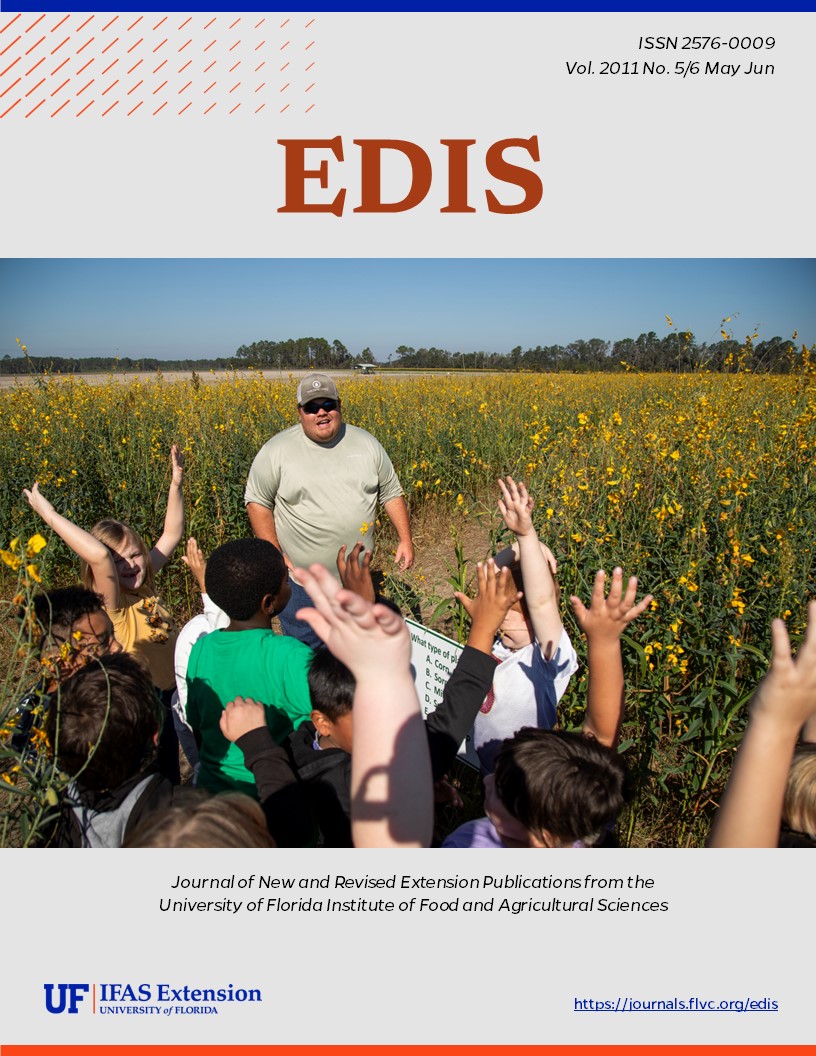Abstract
Technological disasters such as the Deepwater Horizon/BP oil spill can be stressful. This publication reports on the impacts of technological disasters and offers some guidelines for families that are dealing with stress related to the oil spill. This 4-page fact sheet was written by Megan Donovan, Suzanna Smith, Heidi Radunovich, and Michael Gutter, and published by the UF Department of Family Youth and Community Sciences, May 2011.
FCS9265/FY1230: Impacts of Technological Disasters (ufl.edu)
References
Weisaeth, L., & Tonnessen, A. (2003). Responses of individuals and groups to consequences of technological disasters and radiation exposure. In A. E. Norwood (Ed.), Terrorism and disaster: Individual and community mental health interventions (pp. 209-235). New York, NY: Cambridge University Press.
Picou, S., Marshall, B., & Gill, D. (2004). Disaster, litigation, and the corrosive community. Social Forces, 82(4), 1497-1526. https://doi.org/10.1353/sof.2004.0091
Arata, C., Picou, S., Johnson, G., & McNally, T. (2000). Coping with technological disaster: An application of the conservation of resources model to the Exxon Valdez oil spill. Journal of Traumatic Stress, 13(1), 23-39. https://doi.org/10.1023/A:1007764729337
McGinn, L., & Spindel, C. (2007). Disaster trauma. In F. Dattilio & A. Freeman (Eds.), Cognitive-behavioral strategies in crisis intervention (pp. 399-427). New York, NY: The Guilford Press.
Substance Abuse and Mental Health Services Administration. (2010). Tips for talking to children & youth about the oil spill disaster: A guide for parents and educators. Retrieved from http://www.samhsa.gov/disaster/docs/Guide_Parents_Educators_EG_508.pdf.
Talking with children about disasters. (2004). In Evans, G. D. & Wiens, B. A. (Eds.), Triumph over tragedy: A community response to managing trauma in times of disaster and terrorism (2nd ed., pp. 183-185). Gainesville, FL: University of Florida National Rural Behavioral Health Center.
Williams, R., & Alexander, D. (2009). Conflict, terrorism, and disasters: The psychosocial consequences for children. In A. Buma, D. Burris, A. Hawley, J. Ryan, & P. Mahoney (Eds.), Conflict and Catastrophe Medicine (pp. 553-567). London, England: Springer. https://doi.org/10.1007/978-1-84800-352-1_33
Stress management for adults. (2004). In Evans, G. D. & Wiens, B. A. (Eds.), Triumph over tragedy: A community response to managing trauma in times of disaster and terrorism (2nd ed., pp. 183-185). Gainesville, FL: University of Florida National Rural Behavioral Health Center.

